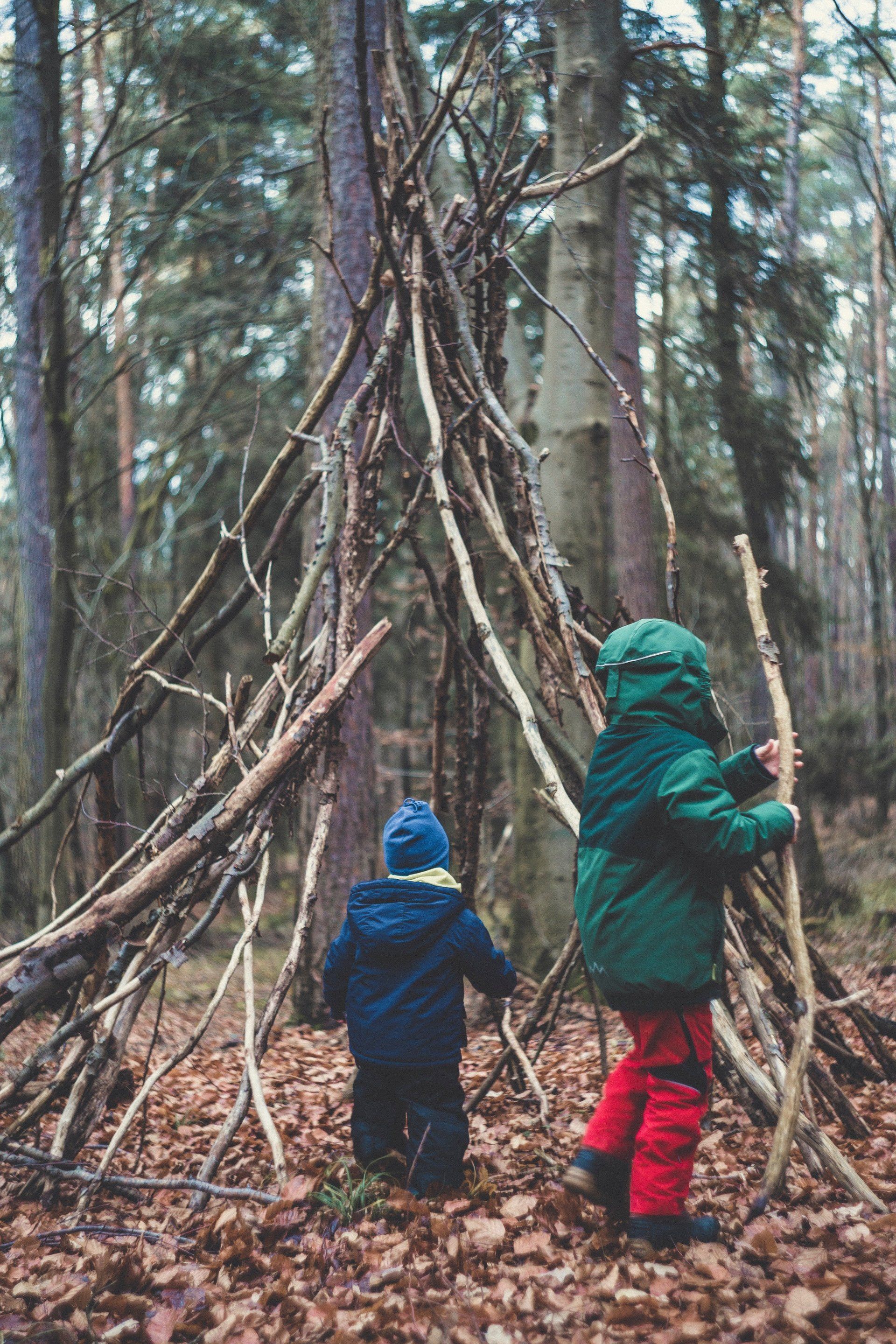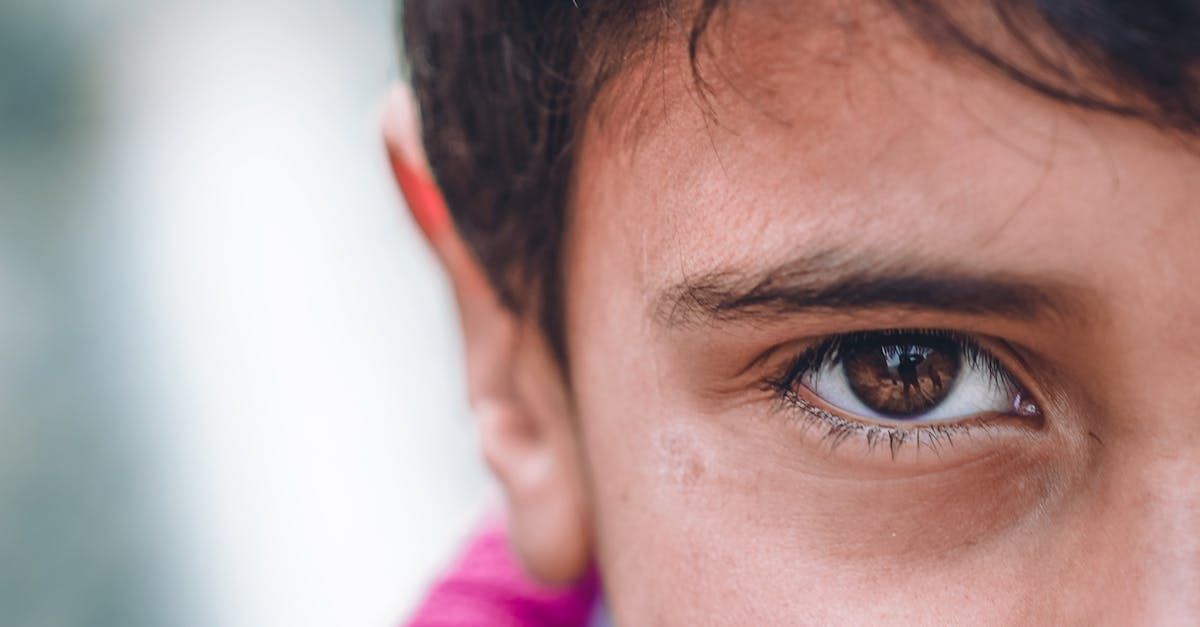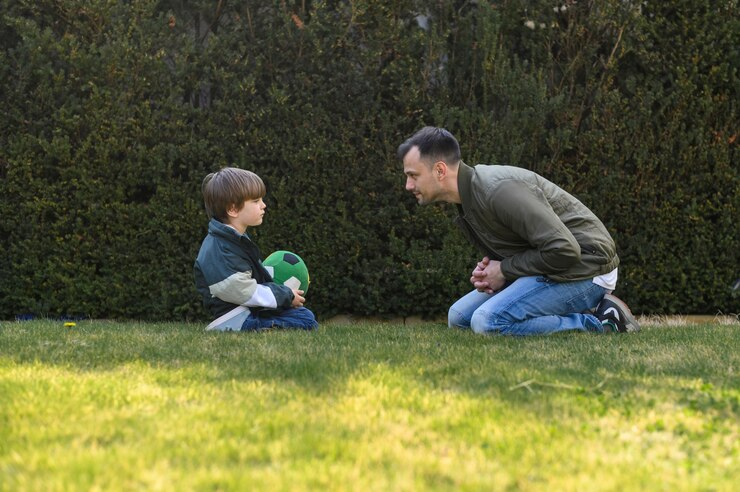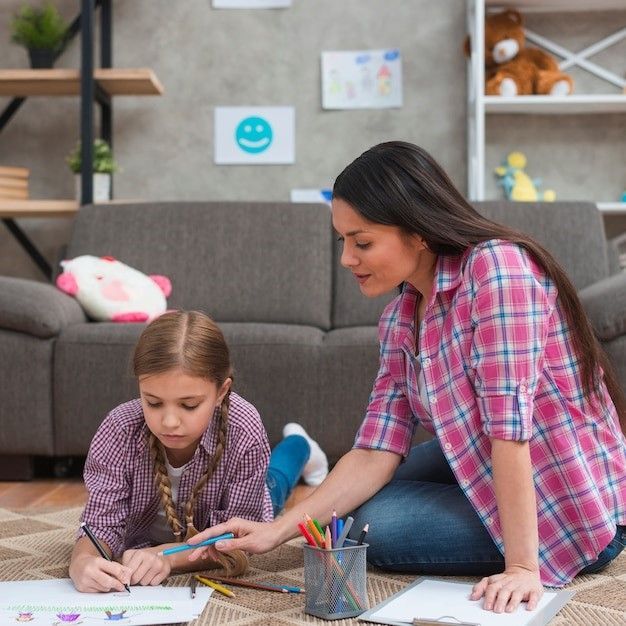4 amazing parenting lessons I've learned from homeschooling
Parenting lessons from the pandemic

This year, my ex husband and I found ourselves unexpectedly homeschooling. “Pandemic homeschoolers.”
It wasn’t our original plan, but it has been amazing. And wow! We’ve really learned a lot! Especially about parenting.
I thought I would sit down and gather together some of the amazing parenting lessons I’ve learned from teaching my kids at home.
*************
1.) There is no “ahead and behind”
When we started this school year in September, I was hyper-focused on my kids being “behind.” I was convinced they hadn’t learned any new school material since last March when school unexpectedly went virtual, so we started the year with this sense that we needed to make up for lost time.
Veteran homeschoolers quickly helped me adjust this attitude.
In homeschooling, your child is either making progress or not. There is no “ahead” or “behind.” Ahead of whom? Behind whom? Did your children all learn to walk and talk at the same rate? No? Then, why would you expect them to learn geometry at exactly the same rate. Every child is different, and as long as they are making progress, that’s great.
2.) Children are naturally motivated to learn
I started the year wondering, how can I motivate the children (to do what I want educationally)? Behind this question is mostly a concern about how I can encourage my kids to be docile and obedient followers of what I tell them to do. Which is actually not my longterm goal for them, and probably not the kind of motivation I ultimately want to cultivate.
In fact, all children are naturally motivated. It just might not be the same things that motivates us as parents. A far better question is—what naturally motivates my child??
Did you need to motivate your child to learn to walk? No? Why not? Because your child was naturally motivated to learn this. In parenting and teaching, your job then is to find that natural motivation in learning and help harness it. For example, maybe your child gravitates to football, or kittens, or potato chips. The point is that when you pay attention, and use what your child is already naturally motivated to learn, it takes all the pressure off you as the parent/teacher.
Which brings me to a critically important point:
3.) You can learn anything from anything
Remember when we talked about your child’s natural motivation a minute ago? This idea that you can learn anything from anything has been amazing for us. During the baseball World Series, my kids were naturally motivated to learn about baseball. I didn’t need to coax them. They were sponges for everything baseball-related. Baseball statistics. Baseball history. Baseball racism. If it was baseball-related, my kids were enthusiastic learners. No arm twisting required.
Likewise, for us, cooking and eating foods from different countries has been a natural gateway to learning about different cultures and geography and history. Absolutely no tooth-pulling involved.
This idea alone—to take your child’s natural interest and harvest it for learning—has been probably the best part of homeschooling this year.
4.) Learning doesn’t happen during set hours
Authentic, engaged learning needs to scaffold on itself. If a topic is naturally interesting, and a learner is engaged, they need to repeatedly visit the topic multiple times to synthesize their learning.
This is another reason homeschooling has been amazing. Something we read about in the morning, we will naturally start talking about at dinner, and then someone finds a video about it next day, which leads us to create new questions, so we read about that. It’s completely organic, and engaged learning. And effortless.
***********
As a parent, you have been your child's first teacher since birth. In fact, you teach your children all the time, whether you give yourself credit for it or not. Homeschooling is like that. It doesn't need to look like school at home. It should start from where your child is at, then move at their speed using their own natural motivation. No worksheets required.











